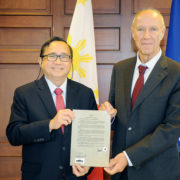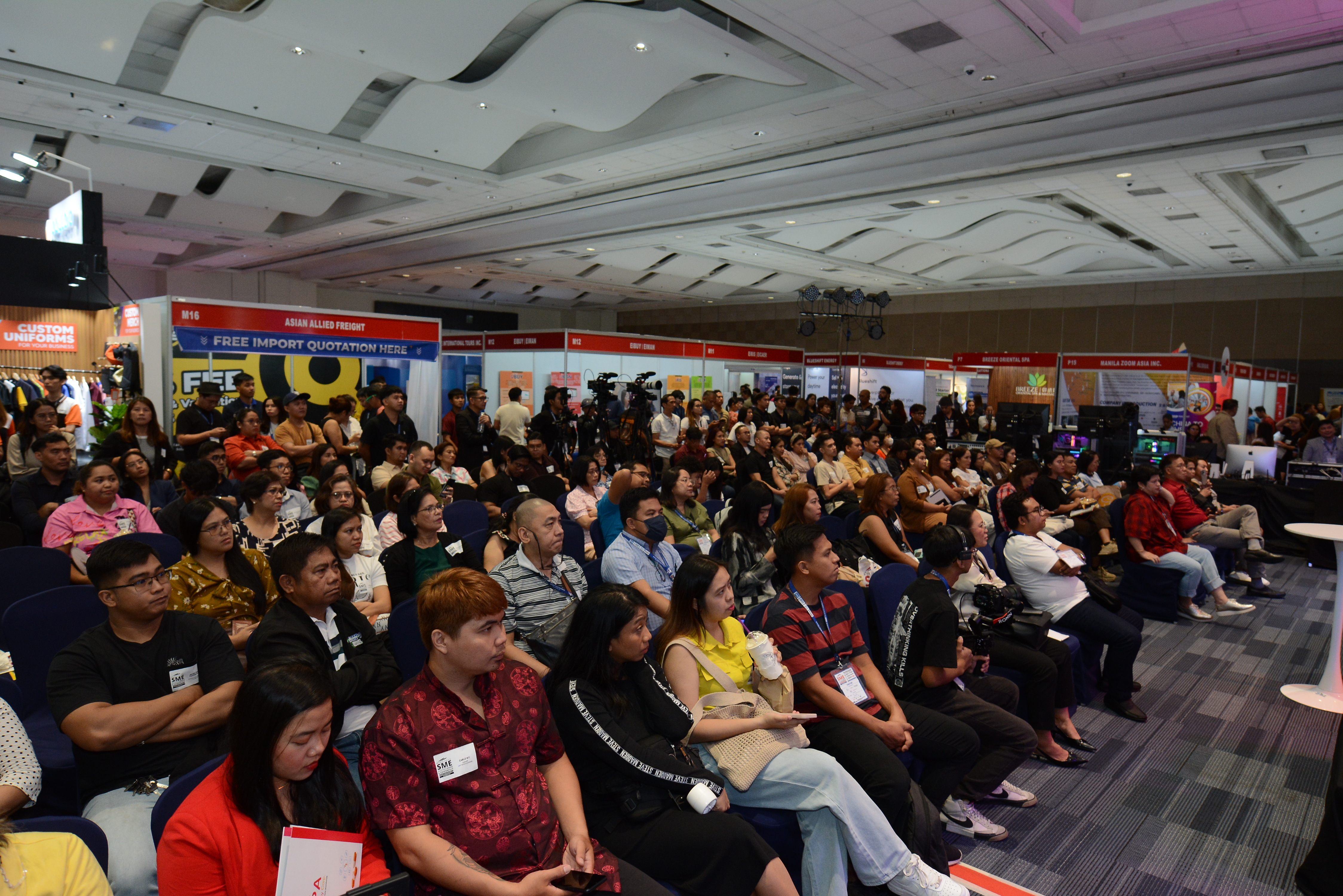
TAGUIG CITY, Jan. 3 — The Intellectual Property Office of the Philippines (IPOPHL) has secured wider access to novels, textbooks, and other printed materials currently limited in distribution and production by copyright law, for more than three million visually-impaired Filipinos.
On December 18, 2018, the Philippines deposited its instrument of accession to the Marrakesh Treaty to Director General Francis Gurry of the World Intellectual Property Organization, a specialized agency of the United Nations (UN) in charge of administering this Treaty. Amb. Evan P. Garcia of the Philippine Mission to the UN and Other International Organizations facilitated this event.
The IPOPHL has been pushing for the country’s accession to the Treaty, in a bid to increase trade in published materials in ‘accessible formats’ and institutionalizing freer production and distribution, since its adoption in a diplomatic conference in Marrakesh, Morocco on June 27, 2013.
An accessible format copy is a copy of a work in an alternative manner or form which gives a beneficiary person access to the work, including to permit the person to have access in the same way as a person without visual impairment or other print disability. Publications in Braille format or audio books, for example, are considered accessible format copies.
“With increased access to textbooks, novels, and other printed materials, the blind, visually-impaired, and otherwise print-disabled persons are given an opportunity to further their education and cultural appreciation. The spirit and intent of the Marrakesh Treaty will not only help reduce the ‘book famine’ experienced by these individuals, but will significantly empower them to seize opportunities that access to information has opened, and pave the way for a more inclusive society,” said IPOPHL Director General Josephine R. Santiago.
With the accession, the Philippines agrees to provide some exceptions and limitations to rules in its national copyright law to allow converting published works in formats accessible to the blind, visually impaired, and otherwise print disabled persons (VIPs).
However, on February 28, 2013, in anticipation of the country’s accession to the Treaty, the Philippines has already introduced the intent and spirit of the Marrakesh Treaty through Republic Act No. 10372, the latest amendment to the Intellectual Property Code of the Philippines.
The amendment introduced measures allowing the reproduction or distribution of published articles or materials in a specialized format exclusively for the use of blind, visually-, and reading-impaired persons, provided, that uch copies and distribution shall be made on a non-profit basis and shall indicate the copyright owner and the date of the original publication. This is considered a limitation on copyright and will not constitute as copyright infringement.
To further enhance access, IPOPHL provided wider copyright limitation provision in its latest amendatory, draft bill submitted to Congress in November. The provision widened the scope of copyright limitation not just to the blind, visually-impaired, and otherwise print-disabled persons, but also those unable (through physical disability) to hold or manipulate a book, or to focus or move the eyes to the extent normally acceptable for reading.
“This will go a long way to enhance access to information if approved by Congress and the President,” said Director General Santiago.
In addition, the Marrakesh Treaty allows the Philippines to export and import copyrighted works in accessible formats to and from other countries that are party to the agreement. To date, there are 47 countries contracting parties to the Marrakesh Treaty.
This important development in local copyright law is also seen to significantly help in the Department of Education’s mandate to ensure equal access to education regardless of their physical state or disability.
–
For news and updates from the Intellectual Property Office of the Philippines, visit their website at https://www.ipophil.gov.ph.






